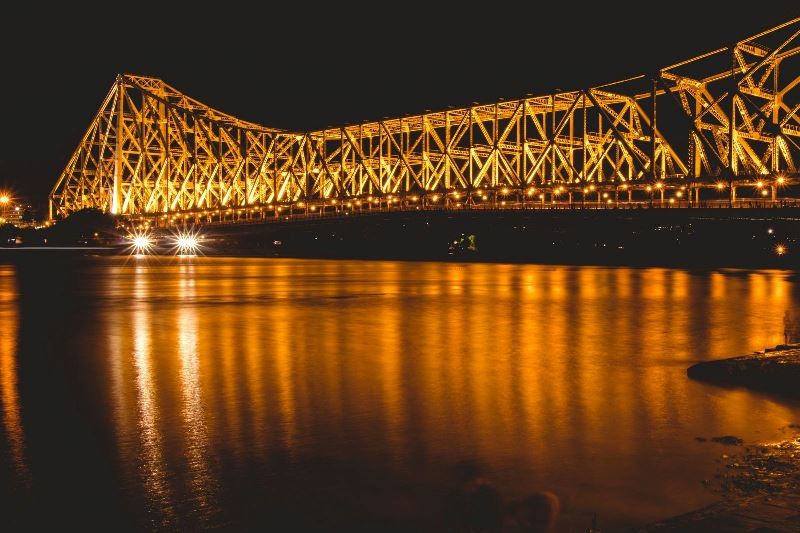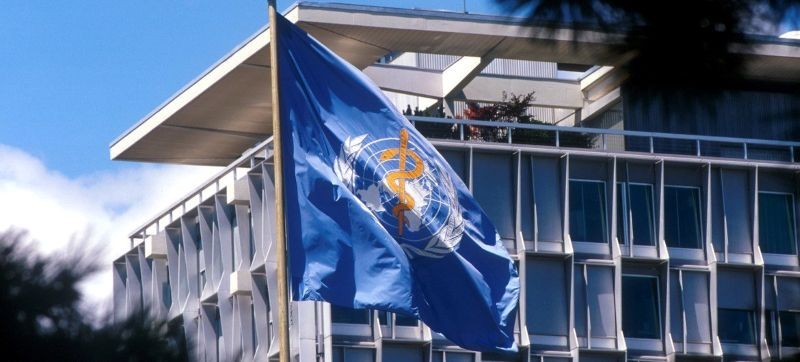UN General Assembly declares 2025 as International Year of Glaciers’ Preservation
As glaciers disappear at an alarming rate due to climate change, the UN General Assembly has declared 2025 the International Year of Glaciers’ Preservation (IYGP).
Co-facilitated by the UN Educational, Scientific and Cultural Organization (UNESCO) and the World Meteorological Organization (WMO), this global initiative seeks to unite efforts worldwide to protect these vital water sources, which provide freshwater to more than 2 billion people.
Glaciers and ice sheets hold around 70 per cent of the world's freshwater and their rapid loss presents an urgent environmental and humanitarian crisis.
WMO Secretary-General Celeste Saulo emphasised this urgency, saying “Melting ice and glaciers threaten long-term water security for many millions of people. This international year must be a wake-up call to the world.”
Alarming data
In 2023, glaciers experienced their greatest water loss in over 50 years, marking the second consecutive year in which all glaciated regions worldwide reported ice loss.
Switzerland, for instance, saw their glaciers lose 10 per cent of their total mass between 2022 and 2023, according to the WMO.
Dr. Lydia Brito, UNESCO’s Assistant Director-General for Natural Sciences, explained during the launch event in Geneva that the “50 UNESCO heritage sites with glaciers represent almost 10 per cent of Earth's glacier area.” However, a recent study warned that glaciers in one-third of these sites are projected to disappear by 2050.
With 2024 confirmed as the hottest year on record, the need for immediate and decisive action has never been more critical.
2025 key initiatives
A key focus, the panel explained, is raising global awareness about the essential role glaciers, snow and ice play in regulating the climate and supporting ecosystems and communities.
“Glaciers don’t care if we believe in science - they just melt in the heat,” said Dr. Carolina Adler of the Mountain Research Initiative.
The initiative also aims to enhance scientific understanding through programmes like the Global Cryosphere Watch, ensuring that data guides effective climate action.
Strengthening policy frameworks is another priority, with the integration of glacier preservation into global and national climate strategies, such as the Paris Agreement.
Mobilising financial resources is another priority – essential to support vulnerable communities and fund adaptation and mitigation efforts – alongside engaging youth and local communities.
Milestones on climate
The first World Glacier Day will be celebrated on 21 March 2025, coinciding with World Water Day, coming a day later.
In May, Tajikistan will host the International Glacier Preservation Conference, bringing together scientists, policymakers and community leaders to discuss solutions and form partnerships.
“Tajikistan is immensely proud to have played an instrumental role in advocating for this resolution,” said Bahodur Sheralizoda, Chair of Tajikistan’s Committee of Environmental Protection.
“Let us be clear, the only way to preserve glaciers as an important resource for the entire planet is for all governments to collectively course correct with Nationally Determined Contributions (NDCs) fully consistent with the 1.5°C Paris Agreement limit,” he underscored.
Challenges ahead
According to the policy brief on the IYGP, “Some level of glacier loss remains inevitable given current loss rates, which modelling shows will continue until temperatures stabilise.”
“We must prepare for cryospheric destruction through urgent policy changes,” explained Dr. John Pomeroy from the University of Saskatchewan.
These efforts will require global cooperation, particularly in regions like Central Asia, where glacier loss has led to significant water security challenges.
“In Tajikistan alone nearly 1,000 glaciers have melted, accounting for one-third of the country's glacier volume,” Dr. Brito highlighted.
A shared responsibility
The IYGP seeks to unite nations, organizations and individuals in a common mission.
“[It] provides a mechanism to kick start both renewed efforts to reduce greenhouse gas emissions and increase the science and adaptation necessary to prepare for a warmer, less icy world,” said Dr. Pomeroy
“History will record that 2025 was the tipping point where humanity changed course and eventually saved the glaciers, ourselves and our planet,” he concluded.
IBNS
Senior Staff Reporter at Northeast Herald, covering news from Tripura and Northeast India.
Related Articles

Men at risk by 35? Major study reveals early heart disease warning
Men begin developing coronary heart disease — a condition that can lead to heart attacks — years earlier than women, with differences emerging as early as the mid-30s, according to a large, decades-long study led by Northwestern Medicine.

You won’t believe this UN finding: 4 in 10 Cancer cases may be preventable
Up to four in 10 cancer cases globally could be prevented, new analysis has revealed, highlighting the need for stronger tobacco control and other measures to reduce risks and save lives.

Tremors felt in Kolkata after a 5.9-magnitude earthquake hits Myanmar
Tremors were felt in parts of Kolkata on Tuesday after an earthquake struck neighbouring Myanmar, media reports said.

WHO warns international aid cuts and funding gaps threaten global health system
The UN World Health Organization (WHO) warned on Monday that cuts to international aid and persistent funding gaps are undermining the global health system.
Latest News

Forbes 30 Under 30 alumnus Gokce Guven charged with fraud in US

India refused to be 'bullied' on trade deal, was ready to wait till 2029: Report

'Traitor friend': Rahul Gandhi targets turncoat Ravneet Bittu during protest at Parliament

CM urges students to embrace ethics, values in education

